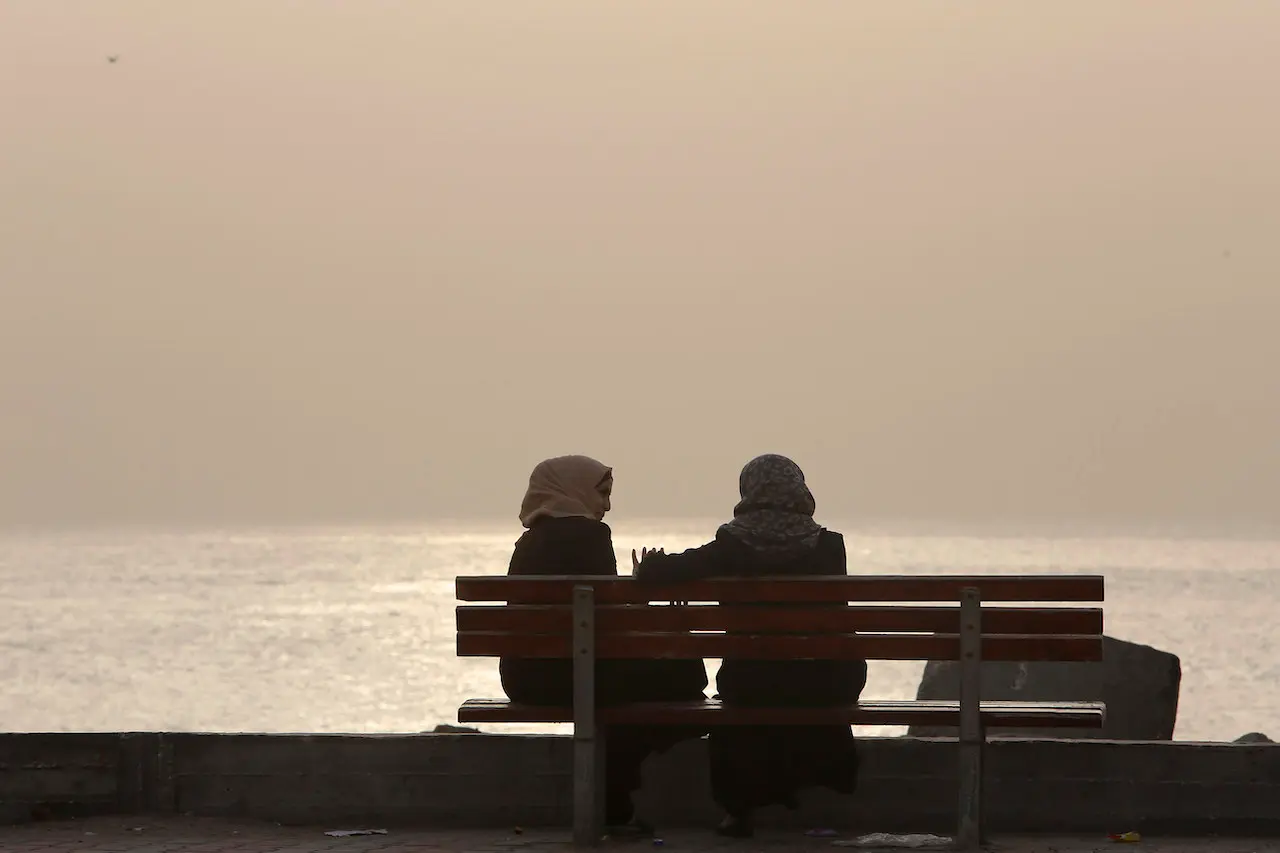Honour killings increase during lockdown as women battle tradition to stay safe
According to a poll, young Arabs are more likely than their parents to condone honour killing.
Just In
Lockdown domestic violence is acknowledged to be a problem in many countries, but what is mostly swept under the carpet is the much more lethal upsurge in honour killings in the Arab world.
Sheikha al-Ajmi was killed by her brother in December. Some say he didn’t like her working as a security guard; others say he was angry that she wanted to marry outside their clan.
She had been a Kuwaiti parliamentary employee, but the chamber offered no condolences. MPs may have feared the wrath of her tribe. Undoubtedly, some actually approved of her brother’s action.
“They think what happens at home, even murder, is a private matter,” says Nour Al Mukhled, a Kuwaiti activist.
No country in the Middle East and North Africa releases an official count of “honour killings”, which typically involve men murdering female relatives for actions they consider brings shame on their family.
Most states treat them more lightly than other forms of murder, according to the Economist.
In Kuwait, a man who catches a female relative in the presence of an unrelated man and kills her faces at most three years in prison for what is considered a mere misdemeanour.
Activists are trying to change things.
There has been some progress. Several governments have passed laws against domestic violence and abolished ones that allowed rapists to dodge prosecution by marrying their victims.
But only Lebanon, Tunisia and the Palestinian Authority have abolished laws that treat honour crimes leniently. However, enforcement by judges, officials and police – mostly men – is patchy, critics say. Local authorities sometimes register honour killings as suicides or disappearances.
The legal system is often superseded by tribal codes of honour, and rulers find it easier to stop peaceful female activists than the honour killings themselves.
When women in Saudi Arabia tried to register a charity to set up shelters in large cities, Muhammad bin Salman, the crown prince, had them jailed.
Arab Barometer, an opinion pollster, found that more people thought honour killings were acceptable than thought so of homosexuality. In most places, young Arabs were more likely than their parents to condone honour killing.
On social media, opponents of honour killings are accused of promoting adultery and Western immorality.
A year ago, thousands of protesters rallied to protest the Palestinian Authority signing the UN Convention on the Elimination of All Forms of Discrimination Against Women.
Worse, the scope of what is deemed a punishable breach of honour is widening.
In the past year women have been murdered for such offences as wearing make-up and chatting online.
Last month a Saudi woman was killed by her brothers for having a Snapchat account. When her sister wrote on social media that her body had been dumped in the desert, the police arrested her.
During lockdowns to contain Covid-19, violence against women has increased.
“No woman feels safe,” says Nour Al Mukhled. “Men are getting away with murder.”
Subscribe to our newsletter
To be updated with all the latest news and analyses daily.
